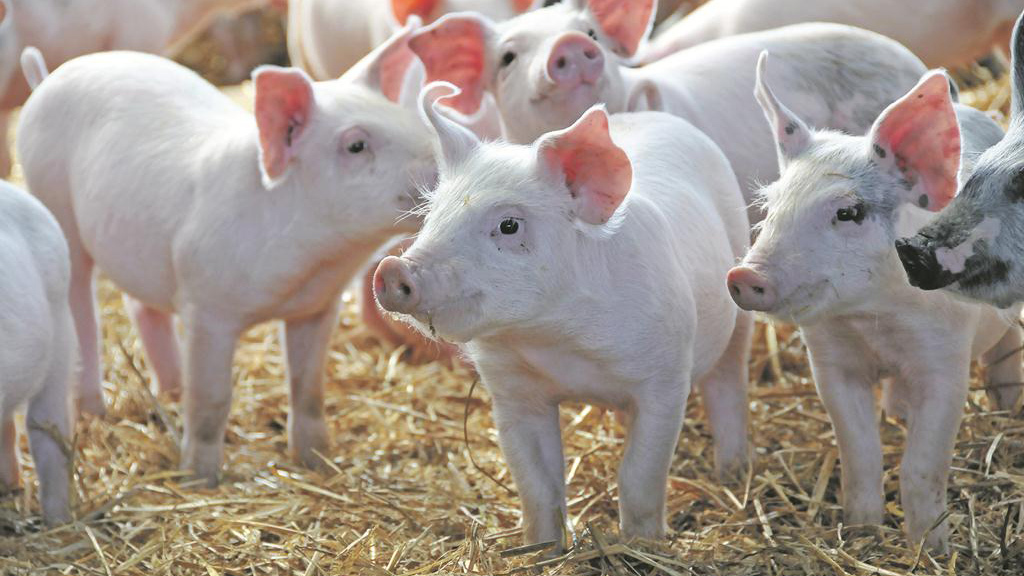
An EU veterinary committee has reasserted its view that zinc oxide should be banned at therapeutic levels, following a review of its evidence.
After its latest meeting on Thursday, the EU Committee for Medicinal Products for Veterinary Use (CVMP) said it had concluded that the recommendations included in its initial opinion, published in December, should be maintained.
Used in preventing post weaning diarrhoea since 1994, high purity zinc oxide has been hailed as a hugely successful medicine that has dramatically reduced growth checks, illness and hygiene issues in month-old pigs.
However, the CVMP said: “The Committee concluded that overall the benefit-risk balance for the products concerned by this referral is negative, as the benefits of zinc oxide for the prevention of diarrhoea in pigs do not outweigh the risks for the environment.
“The CVMP acknowledged that there is a risk of co-selection for resistance associated with the use of zinc oxide but, at the present time, that such risk is not quantifiable.
“The Committee adopted by consensus a final opinion recommending the refusal of the granting of the marketing authorisations and the withdrawal of the existing marketing authorisations for veterinary medicinal products containing zinc oxide.”
The European Commission will now make the final decision, although the chances of it overturning the committee's decision appear slim. The Commission has already consulted member states on a transition period in the event that zinc oxide is banned.
The Veterinary Medicines Directorate (VMD), which represents the UK on the committee has backed the National Pig Association's (NPA) calls for a 10-year transition period.
'Significant problems'
The NPA has said it was 'disappointed but not surprised' by the decision, which, if upheld by the Commission, could cause 'significant problems' for the pig sector.
NPA chief executive Zoe Dvies said: "The CVMP's position was hardly unexpected given the way this process has been handled from the start, but it is still extremely disappointing.
"We will now be calling on the Commission to take the sensible step of overturning a recommendation that could really damage the pig sector and, with no effective alternatives out there, result in increased use of antibiotics considered to be critically important.
"If, however, zinc is banned against all logic, we will be pushing for a 10-year transition period. While the negative environmental impact over this period would be negligible, we believe it will take a decade to bring viable alternatives to market, deliver sustainable reductions in antibiotic use, achieve a stable outlook post-Brexit and for pig producers to invest in new, more hygienic buildings."
'Politically driven'
The Committee reviewed the grounds for its initial opinion after an appeal by product licence holders.
The matter had initially been referred to the committee by the Netherlands and France due to concerns related to potential risk to the environment and increase of prevalence of antibiotic resistant bacteria from the use of products containing zinc oxide.
Zinc oxide is used widely across the EU to prevent and control post-weaning diarrhoea (PWD) and bowel oedema disease in young pigs. An estimated 70-90% of starter diets in the UK contain zinc oxide at therapeutic levels.
The NPA, as part of a coalition of UK industry bodies, has argued that the environmental impact of zonc oxide varies significantly across the EU, with the UK shpwn to be relatively low risk. It also argued that any environmental could be mitigated.
“Banning zinc oxide is simply not justified by the evidence and appears to be politically driven,” Zoe said.
